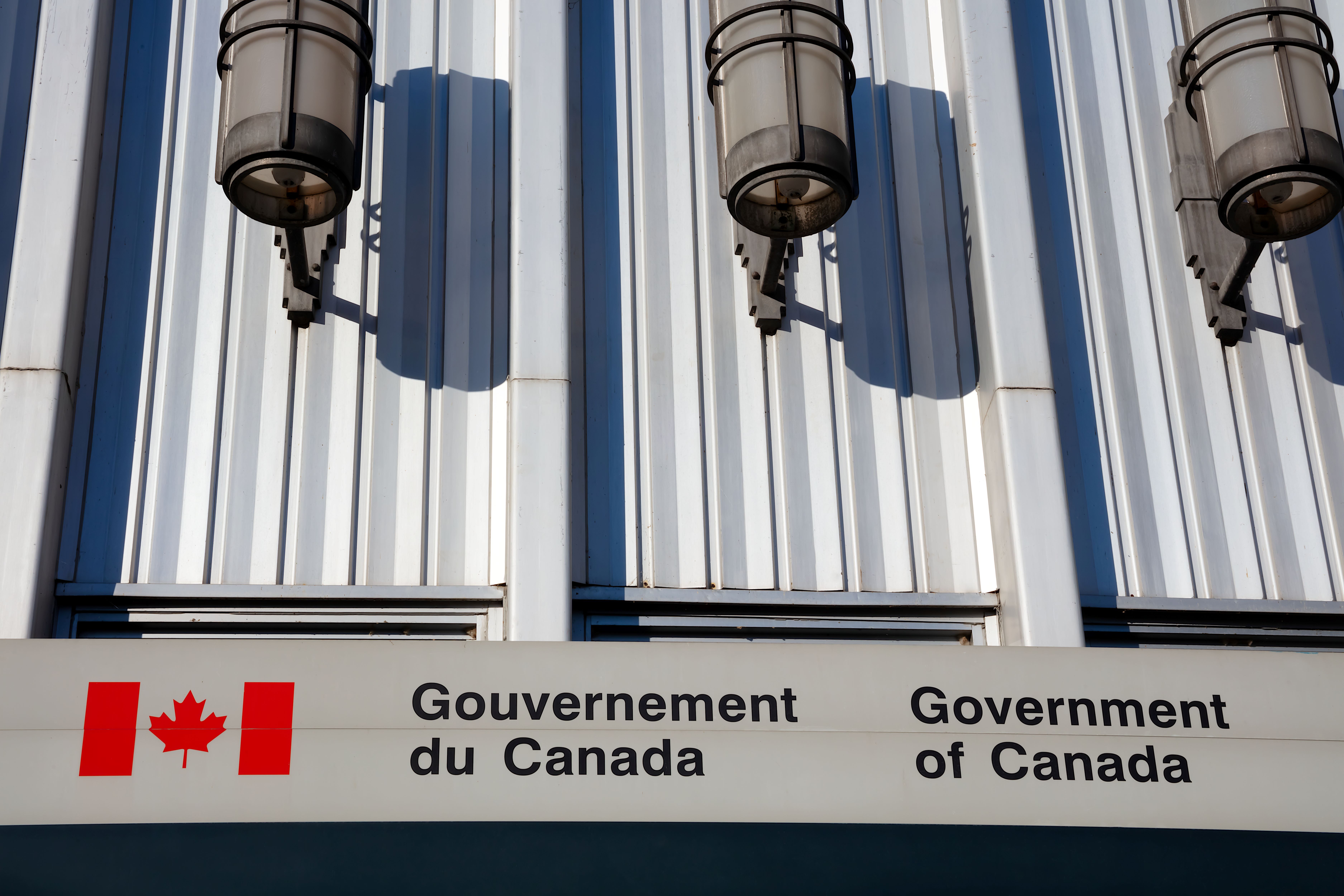The CPC needs to get back to bilingualism

Over the last 20 years, only two of the past seven federal elections have produced majority governments. Governing and opposition parties alike have struggled to grow their popularity with Canadians. It is now Conservative Party of Canada leader Pierre Poilievre’s turn to try to break the logjam.
To break through, the new leader needs to play both offence and defence. The attack comes more naturally for Poilievre, and concerns with the rising costs of living provides an ideal focus. Poilievre’s stinging criticisms align with the public mood: over the past year, inflation has surpassed COVID-19 as the top issue on Canadians' minds.
To win the next election, however, criticizing the Liberals’ handling of the economy won't be enough. Poilievre should also address his own party's weaknesses. Chief among these is the prolonged hangover from the 2015 election, when Conservatives engaged in what many saw as anti-immigrant dog-whistling. This undermined the party’s previous outreach to new Canadians and hampered its efforts to pick up seats in the country’s diverse — and seat-rich — cities and suburbs.
Poilievre now seems set to change course. His rhetoric calling for greater opportunities for Canadians regardless of their ethnicity is reminiscent of Diefenbaker’s push for a bill of rights. His disdain for gatekeepers is aimed partly at the roadblocks faced by immigrants seeking to settle in Canada. And his own family story — featuring his wife Anaida, an immigrant herself — cements his credentials as a leader who genuinely appreciates newcomers’ contributions to the country.
On immigration, CPC supporters are at least trying to meet him halfway. It is true that Conservative voters, on average, are less favourable to immigration than Liberal or NDP supporters. But this difference shouldn’t be misinterpreted. A slight majority of Conservatives currently disagree with the claim that there is too much immigration to Canada, and agree that we should be taking in more refugees fleeing conflicts. Three in four think immigration has a positive impact on our economy. Poilievre’s championing of struggling entrepreneurial newcomers is hardly going to tear his party apart.
Making progress on this front, however, should go hand in hand with rebuilding the party’s reputation on another key issue: official bilingualism. Much has been made of how well Poilievre himself speaks French — something that places him well ahead of his recent predecessors. But to make real gains in French-speaking areas of the country (both inside and outside of Quebec), it is the party’s personality that will count, not just the leader’s.
When it comes to language policy, this personality has been shaped by the CPC’s provincial counterparts. In 2018, Doug Ford announced he was shutting down the Ontario French-language commissioner’s office and cancelling funding for the Université de l’Ontario français — a decision that was met with public demonstrations the likes of which had not been seen since the Mike Harris era. In Alberta, both Jason Kenney’s budget cuts to Campus St-Jean and Danielle Smith’s failure to appoint a minister responsible for Francophone Affairs have cemented the UCP’s reputation as a government unfriendly to Franco-Albertans.
But without a doubt, the Conservative brand has been damaged most by New Brunswick’s premier, Blaine Higgs, a former member of the overtly francophobic Confederation of Regions (CoR) party. Since his re-election in 2020, his actions on official bilingualism have gone from dismissive to destructive, from his appointment of the former leader of the People’s Alliance (a party largely seen as the CoR’s heir) to the committee in charge of the review of the province’s Official Languages Act, to the cancelling of French immersion. In the country’s only officially bilingual province, these decisions are more than ill-advised; they are divisive.
Poilievre thus has his work cut out for him if he is to re-brand his party as a safe choice for Francophone voters. He has already lost the CPC’s biggest asset: former official languages critic Alain Rayes left the party after the last leadership race. But the party’s base poses a bigger problem: fewer than three in ten CPC supporters think that bilingualism is a very important part of the Canadian identity. This is the lowest proportion since Environics first polled on this almost 40 years ago. While on multiculturalism, the party has decidedly become more supportive, on bilingualism, it has become less.
It is thus perhaps unsurprising that the proportion of Quebecers who sense that their language is under threat has never been higher. Canadians from the ROC tend to blame the province’s nationalist premier for fuelling Quebecers’ angst around language and culture. But as provincial governments outside Quebec erode rather than expand French-language services, and as commitment to bilingualism fades within the federal official opposition’s membership, a little less finger-pointing on the subject might be in order.
A leader’s ability to speak French is essential in Canadian politics, but it offers no short-cut to victory. To again form a majority government, CPC supporters, from coast to coast to coast, need to take a hard look at their vision of Canada and articulate a serious recommitment to official bilingualism as a modern value of Canadian society.
Stéphanie Chouinard is an associate professor in the Department of Political Science at Royal Military College and at Queen's University in Kingston. Andrew Parkin is the executive director of the Environics Institute for Survey Research. Find them on Twitter at @DrSChouinardand and @parkinac.
Like what you're reading? With our bi-monthly e-newsletter, you can receive even more with the latest details on current projects, news, and events at the institute.
Subscribe